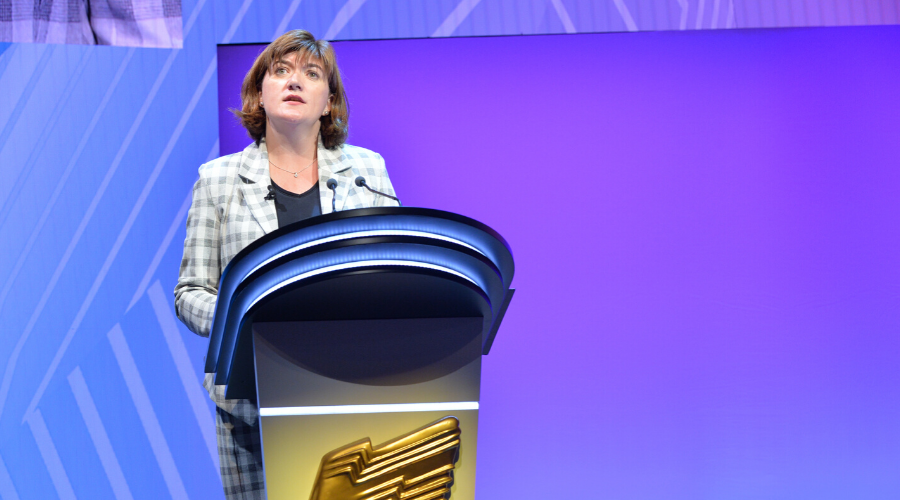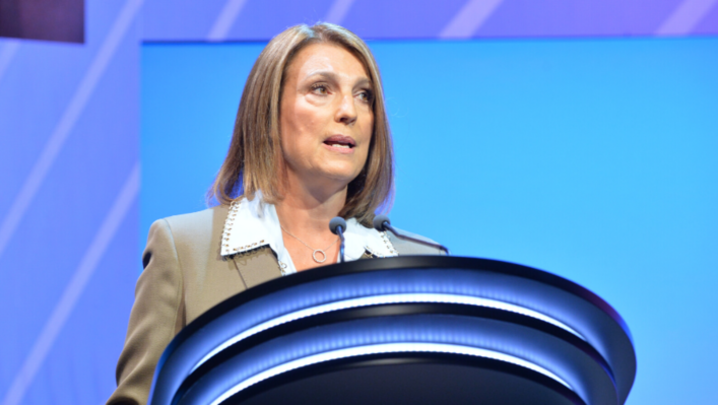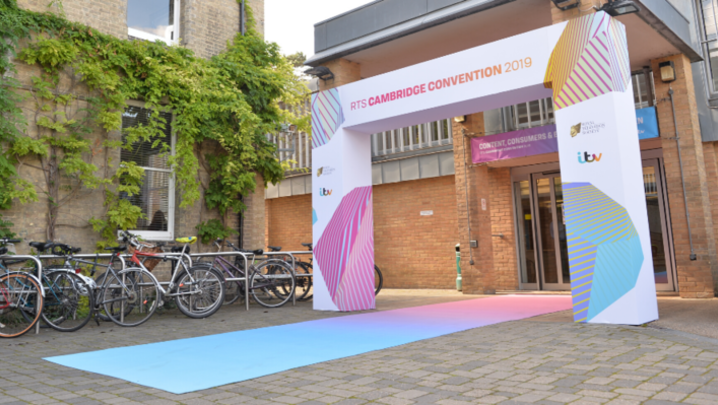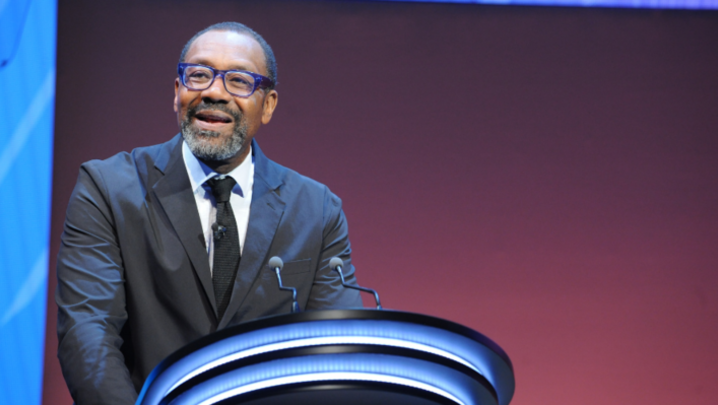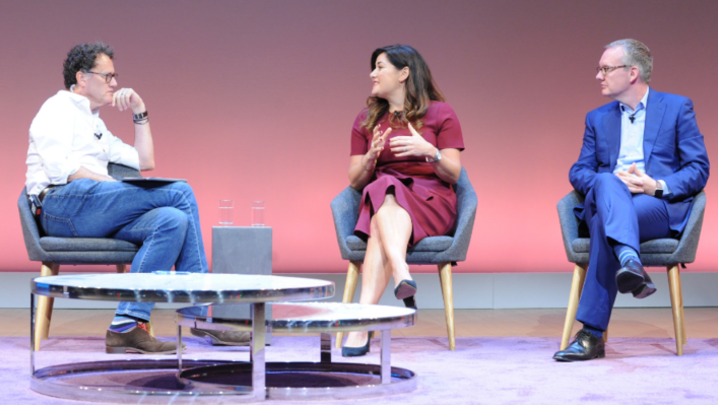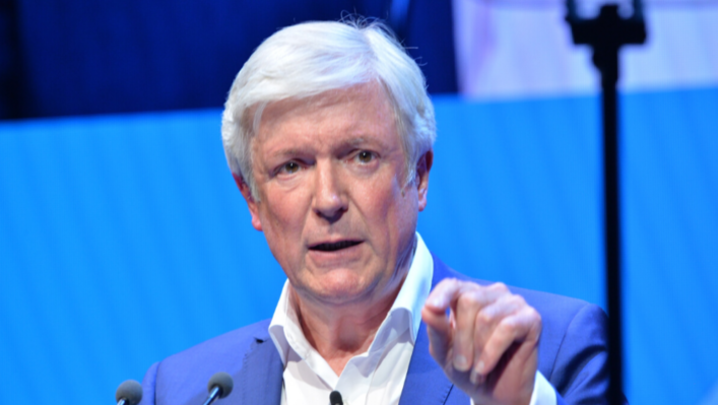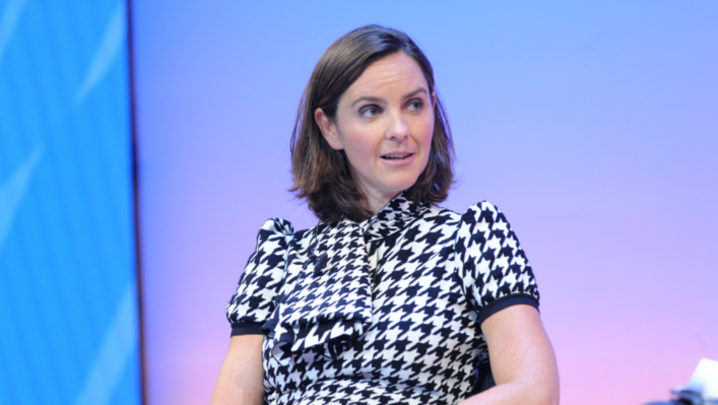The Secretary of State wants to see UK broadcasters co-operating more
In her first major speech since being appointed Secretary of State for Digital, Culture, Media and Sport, the Rt Hon Nicky Morgan MP called on broadcasters to “be as fleet-footed and as adaptable to change as their international competitors” such as Apple and Netflix.
She warned: “Those who do not pool their resources and talent will find it difficult to succeed in this new age.”
Nevertheless, Morgan applauded “the vibrant mix of broadcasters” in the UK, and said her Government was “determined to see a strong and successful future for our public service broadcasters and commercial broadcasters alike”.
“People are watching what they want, where they want, when they want. No one can deny the benefits of an explosion of choice and a competitive market. But British broadcasters are central pillars of our public life and their benefits are too great for them to be cast off as victims of this revolution.”
The Secretary of State said that fake news – “disinformation, fuelled by hermetically sealed online echo chambers” – threatened the “foundations of truth that we all rely on.… We need to treasure and encourage the robust news and high-quality content and programmes that bring us together.” She congratulated the public service broadcasters for “working together, across traditional boundaries, including on exciting new platforms – just as they did with Freeview 17 years ago”. She highlighted the imminent launch of the BBC/ITV VoD service BritBox as a “fantastic example of this”.
The Secretary of State was also pleased that public service broadcasters were “increasingly working together with their commercial counterparts”, applauding Channel 4 and Sky for joining forces to show the final of the Cricket World Cup on free-to-air television in the summer.
“I am sure our PSBs and commercial broadcasters can continue to do more together in terms of producing content, working with advertisers and innovating to reach audiences of all ages,” she continued.
Turning to diversity, Morgan called on broadcasters to “represent the country they serve, both on and off screen”, adding: “I see it as fundamental to our success in the future as a nation. Representation is particularly important for our broadcasters. Not just because it is right and just, but because our broadcasters, I believe, are most effective, and most relevant, when they channel the diversity of perspectives and backgrounds that make the country great.
“I want to see all broadcasters working harder to promote diversity of all kinds, at all levels.”
Morgan also called on broadcasters to take greater responsibility for the welfare of participants in their shows: “In the digital age, the spotlight can be intense for those who take part in popular shows. Viewers have easy access to participants via social media, and video clips can last for ever, meaning that fame can be an overwhelming experience for many people.”
The Secretary of State recognised that regulators and the Government must support broadcasters as they adapt to the new TV landscape. “We need to make sure that regulations, some of which were developed in the analogue age, are fit for the new ways that people create and consume content,” she said.
While linear-TV shows were subject to the Ofcom Broadcasting Code, programmes shown on most VoD services were not subject to the same standards, said Morgan: “This does not provide the clarity and consistency that consumers would expect.
“So, I am interested in considering how regulation should change to reflect a changing sector.”
Morgan also called on Ofcom, which has begun its latest pubic service broadcasting review, “to think big”, to ensure that broadcasters were able to “meet audiences’ needs, find the best new talent and provide the critical mass of investment that is vital to drive success in UK television”.
The Secretary of State pledged to “consider the issue of ‘prominence’” on electronic programme guides for public service broadcasters. Ofcom is currently updating the rules that govern prominence.
Morgan promised to give “equal recognition to disabled and women’s sports” in the listed events regime, the so-called sporting “crown jewels” that include the Olympics and FA Cup. Television rights for events on the list must be offered to free-to-air broadcasters. Acknowledging the large audiences that watched this summer’s Fifa Women’s World Cup on the BBC, Morgan announced that she would consult on adding women’s sporting events to the listed events regime. “Where a men’s event is listed, the women’s equivalent would be, too,” she said. She was also considering adding the Paralympics to the list.
With more than a nod to the divisive effects of Brexit, the culture secretary concluded her address to the RTS convention with the hope that TV “at a time when it feels as if our society is getting more polarised and more tribal… can bring us together through creating moments of shared enjoyment and inspiration”.
In Session 5, ‘Secretary of State keynote’, the Rt Hon Nicky Morgan MP, Secretary of State for Digital, Culture, Media and Sport was interviewed by journalist and broadcaster Susanna Reid. The producers were Sue Robertson and Martin Stott. Report by Matthew Bell.
Q&A
Question
Susanna Reid: Why is there not enough diversity in TV?
Answer
Nicky Morgan: In politics, I’ve found, you’ve got to go out and find the talent.… It’s not enough to… launch a programme… you’ve actually got to go out and find people. In other sectors, such as financial services, there are issues around unconscious bias in who you are recruiting… it’s much easier to recruit in your own image.
Question
Susanna Reid: Ofcom… wants more powers to collect data on diversity – will you be granting those?
Answer
Nicky Morgan: We’re not planning to legislate at the moment… but I hear very much what Sharon [White, Ofcom Chief Executive] said [earlier at the RTS convention], we’ve discussed it… [but] legislation is challenging at the moment.
Question
Simon Albury, Chair of the Campaign for Broadcasting Equality: The [diversity] data, which is supplied by the broadcasters is poor, to inadequate to non-existent… Sharon [White] talked about extending the [diversity] characteristics, but we need to see an extension of the quality [of data].… Will you give consideration to secondary legislation to improve the quality of the evidence?
Answer
Nicky Morgan: The short answer is yes, but legislation at the moment is [difficult] in the current parliamentary environment. In my experience, legislation is part of the answer, but there is nothing to stop broadcasters on a voluntary basis dramatically improving the quality of the data they supply.
Question
Susanna Reid: You made a very good point [in your speech] about [fake news] operating in “sealed online echo chambers, threatening the foundations of truth that we all rely on”. Of course, that’s a responsibility for broadcasters, but isn’t it also responsibility for politicians?
One of the things that we hear so often on Good Morning Britain is that during the [Brexit] campaign, there were lies told on both sides, and those were lies coming from the mouths of politicians?
Answer
Nicky Morgan: You’re right. Of course, politicians – all of us involved – [have] to accept that the past three and a half years have left the country more divided than people have seen at any point in living memory.… When this first phase [of Brexit] is brought to a conclusion, I think [we] will have to take a very long, hard look at ourselves, and at what happened and how we conduct campaigns.

